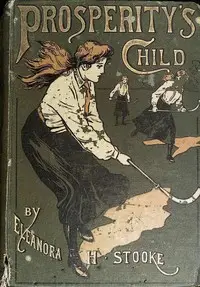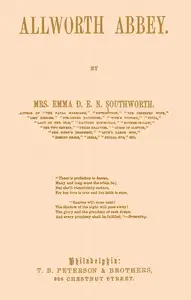"Saturday's Child" by Kathleen Thompson Norris is a story set in early 1900s San Francisco that follows the lives of young women working in a wholesale drug company. The central figure, Susan Brown, dreams of bigger and better things while dealing with the everyday grind and limited opportunities for women at that time. The novel begins by showing the close relationships among the women in the office, even though their jobs are boring. Susan, a kind and ambitious young woman, stands out. As the story develops, the relationships between, and around the office workers becomes more apparent. Miss Thornton's influence as a mentor of Susan further affects the office environment, as well. The arrival of new opportunities, along with a new colleague named Peter Coleman, throws Susan's work plans and dreams into question. Faced with these challenges, Susan is forced to balance her professional goals and her feelings in a world, with the limited freedoms and restrictions of the time period.

Saturday's Child
By Kathleen Thompson Norris
In a world where women are held back, a young office worker's dreams of a better future is complicated by a new job opportunity and a captivating new colleague.
Summary
About the AuthorKathleen Thompson Norris was an American novelist and newspaper columnist. She was one of the most widely read and highest paid female writers in the United States for nearly fifty years, from 1911 to 1959. Norris was a prolific writer who wrote 93 novels, many of which became best sellers. Her stories appeared frequently in the popular press of the day, including The Atlantic, The American Magazine, McClure's, Everybody's, Ladies' Home Journal, and Woman's Home Companion. Norris used her fiction to promote family and moralistic values, such as the sanctity of marriage, the nobility of motherhood, and the importance of service to others.
Kathleen Thompson Norris was an American novelist and newspaper columnist. She was one of the most widely read and highest paid female writers in the United States for nearly fifty years, from 1911 to 1959. Norris was a prolific writer who wrote 93 novels, many of which became best sellers. Her stories appeared frequently in the popular press of the day, including The Atlantic, The American Magazine, McClure's, Everybody's, Ladies' Home Journal, and Woman's Home Companion. Norris used her fiction to promote family and moralistic values, such as the sanctity of marriage, the nobility of motherhood, and the importance of service to others.



















